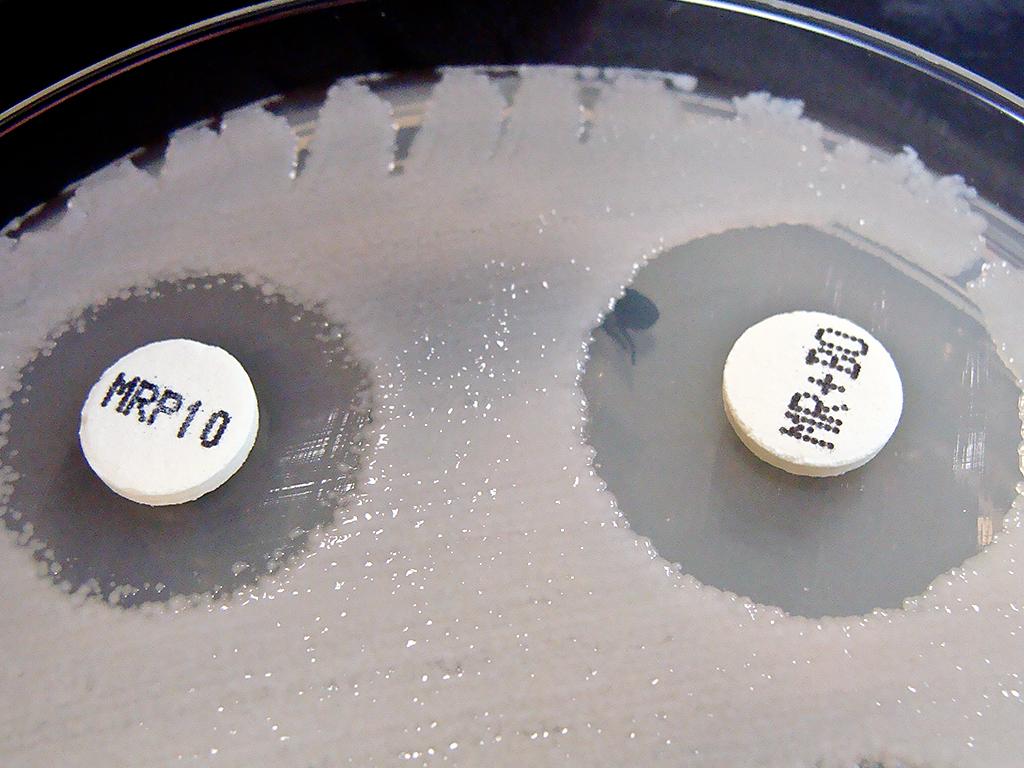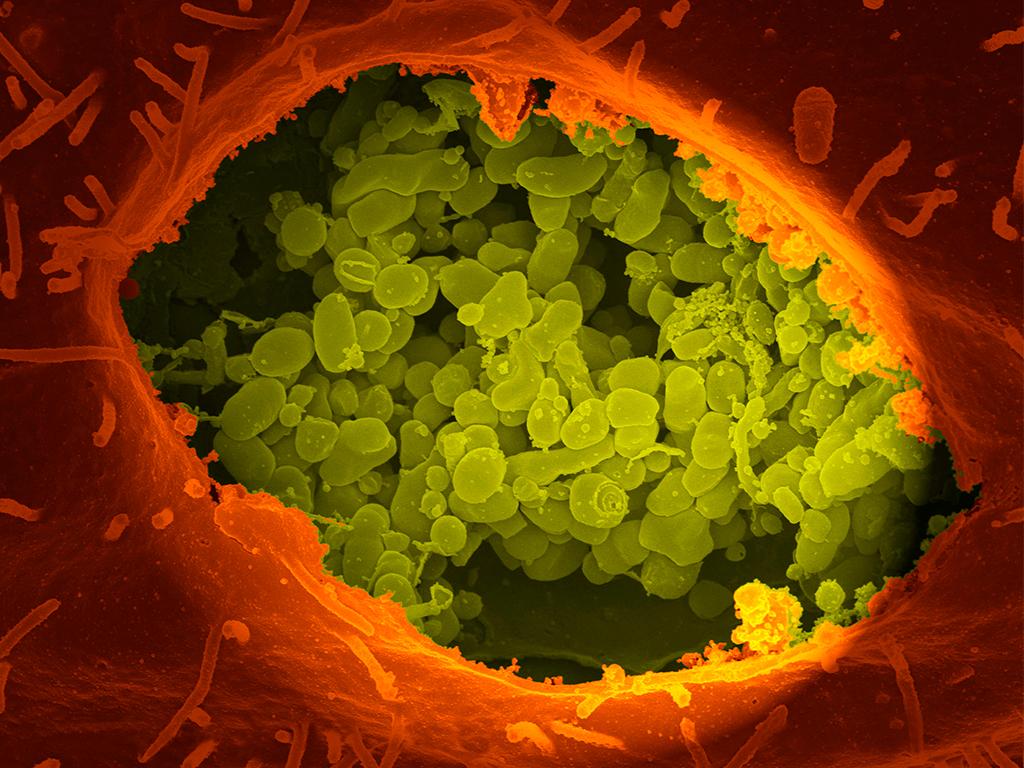European countries are going to join forces to combat antimicrobial resistance in health care and veterinary sector. That is the outcome of a ministerial Dutch EU Presidency conference in Amsterdam. Minister Edith Schippers (Health, Welfare and Sport) and Minister Martijn van Dam (Agriculture) welcomed colleagues and expert from 28 EU member states.
Schippers warned that the world is at risk of losing one of the most precious medicines mankind ever had: “Let us move from words to deeds. Let us prevent the scenario in which we meet again in ten years time, admitting to each other that we failed.“ Schippers made a strong case for more attention for infection prevention and careful use of antibiotics. She also stressed the need for development of new antibiotics and alternative treatments, and for improved diagnostics, so antibiotics can be applied as efficiently and sparingly as possible.
Existing possibilities for European cooperation with cross border health threats must be used more appropriate. Van Dam called the conference to strongly reduce antibiotics in livestock farming that are critically important to humans. He also pointed out the importance of a joint approach: “We need not only cooperation between the health and veterinary sectors, but also between countries. After all, we can’t stop bacteria at the border. Already 70 years ago, Sir Alexander Fleming, who discovered penicillin, warned us about the risk of bacteria becoming resistant to antibiotics. Over the past decades we have more or less ignored this knowledge. It is crucial that we finally act on Fleming’s advice. That is important for us now, but also for our children.”
The call for action from Schippers and Van Dam was underlined by the other countries. The increase of antimicrobial resistance is one of the major challenges in health care and the veterinary sector. Through inappropriate use, more and more bacteria are becoming resistant to antibiotics. Simple infections can become life threatening again. If antibiotics are no longer effective, even a small operation can become an unacceptable risk. Antimicrobial resistance kills more than 25.000 European citizens each year.


